'We need more school governors who look like me'
- Published
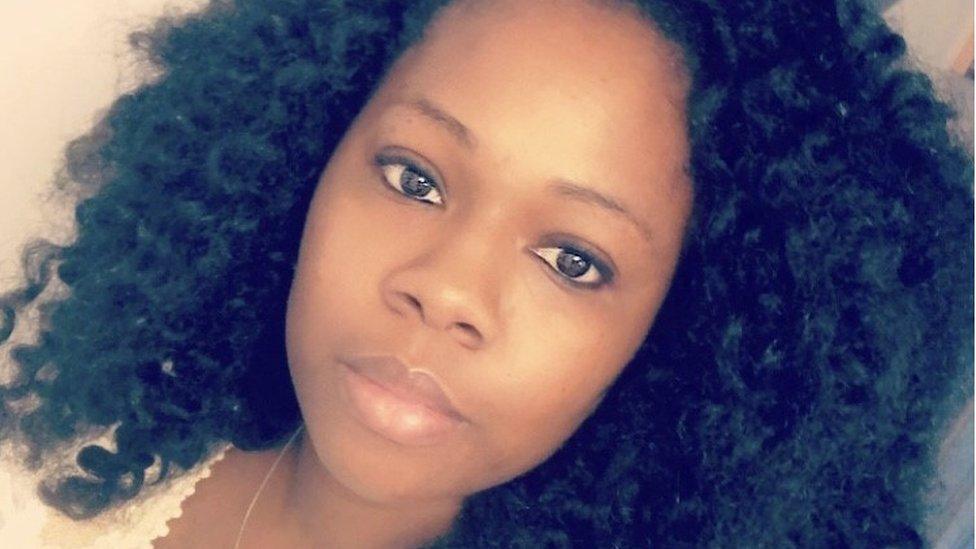
Rochelle Clarke says it makes a difference for children to see governors who "look like them" at school events
Rochelle Clarke was nervous when she pulled up a chair among a group of white priests, who were mostly in their 60s and 70s. She was 30 at the time, and this was her first meeting as a governor in a school in east London, not far from where she grew up.
"I've got very big hair and a very big personality. I'm black and I'm short and I look very young," she says. "I'm not always taken seriously at first glance."
Rochelle's experience is not out of the ordinary, according to a new report first seen by the BBC.
Almost all (90%) of the 4,000 governors who responded to a questionnaire by resource provider GovernorHub, external were white. More than half (57%) were over the age of 55.
The questionnaire asked a small fraction of England's total number of school governors, which is thought to be more than 200,000. And the statistics do not reflect the make-up of every board.
However, governors who have spoken to the BBC, the National Governance Association (NGA), and the Department for Education (DfE) agree there is a need to improve diversity.
Governors' responsibilities include picking head teachers, making sure school money is well spent, and sitting on panels about exclusions and complaints.
Rochelle, now 35 and working for Tower Hamlets council, works with schools to make sure boards are inclusive - something the government says it is also trying to do.
"If we have 12 middle-aged white men around the table with a degree, do we have diversity of thought? Probably not," says Rochelle - adding that people like builders, who may not have gone to university, will make valuable contributions to decisions about school construction works, for example.
Sometimes she finds herself challenging boards who claim they have been unable to recruit people from ethnic minorities, even though they make up most of the borough's population., external
But she also sees positive changes when her work pays off. One parent governor recently told her she was able to convince the school to be able to teach black history all year around, rather than just in Black History Month.
"That's a really difficult thing to do. But if you're not on the board, as a governor, you are not able to make those positive changes," she says.
Often governors act as links between schools and their local communities.
Nis Bandara, 31, leads the board of governors at a primary school in Manchester, where about 90% of the children speak English as an additional language. Shortly before speaking to the BBC, her board had been discussing contacting parents in different languages.

The head teacher at Nis Bandara's school has tried to make the governing board inclusive
Nis's board is younger and more ethnically diverse than most. She didn't think this was unusual until she joined governors from other boards on a training course, and realised she was the only person from an ethnic minority.
"Most people are retired ex-teachers or from a school background. But a good governor can come from any walk of life," she says.
"I'm not saying at all that a good governor has to be young or ethnically diverse, but I think the open-mindedness that they can come from any background has to be the first start."
Olivia Hinds, 28, became a governor at a school in Birmingham five years ago. She is actively trying to recruit younger people, as she feels she has been able to relate better to students because of her age.
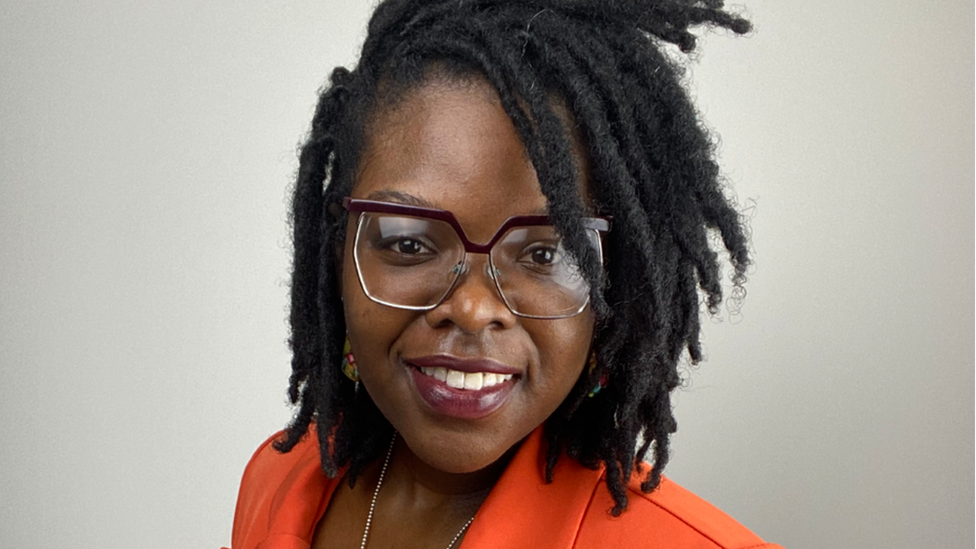
Olivia Hinds says she "almost brings the student voice" to meetings
"If you haven't sat an exam in the last 30 or 40 years it may be harder for you to understand what students today are going through," she says.
"When they talk to me I don't need to find a translator to understand what they're saying, in terms of the language they use or the references they make."
Olivia, who co-hosts a podcast to raise awareness of governance, says she has seen younger governors help schools put out communications on social media, rather than in long letters, to engage a generation of parents who are used to getting their information online.
She says being a governor is a great way for young people to build up their skills without needing former experience, because anyone who has gone to school in the 21st Century "are the experience".
Philip Drew, 62, is on a mission to make his board at a boys' grammar school in Tunbridge Wells, Kent, more inclusive.
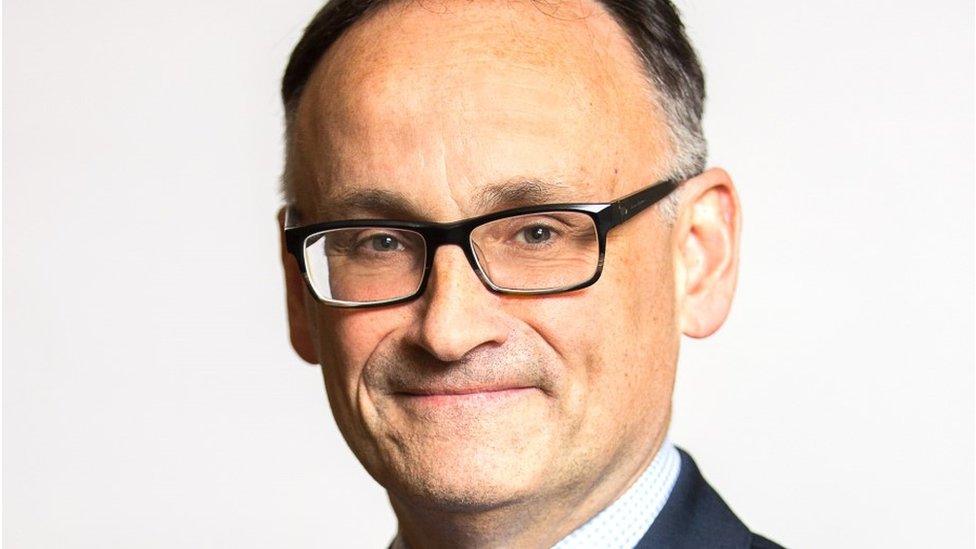
Philip Drew says it's important to consider class in recruitment, as he thinks grammar schools should stand for social mobility
He says he recruits first and foremost for skills, but also believes in "the power of diversity" when it comes to age, gender, race, sexuality and class.
"If you put different opinions and different experiences and different perspectives in the room, you will get a better decision," he says.
Philip has taken active steps to get there, such as asking people to step down after their four-year term and introducing "associate members" of the board who contribute, but don't have to take on full governor responsibilities.
This way, he hopes to reach people who wouldn't normally consider being a governor, and says he has managed to involve some "who otherwise I think we might have lost".
Neil Collins, founder of GovernorHub, says many people do not know what governors do, which makes recruitment harder.
The government has been made aware of the issue previously - including in previous NGA reports, external - and Mr Collins has called on the DfE to run an awareness campaign.
"We will struggle to attract the people we need and want to recruit if governance remains hidden to much of society," he told the BBC.
"Diverse boards lead to better decision-making in the interests of the whole school or trust community. This lack of awareness is quite literally holding schools back."
The NGA, which has about 65,000 members, welcomed the report and said change "has been frustratingly slow".
Emma Knights, its chief executive, said: "Without the participation of more people from black, Asian and minority ethnic backgrounds and young people, governing boards are missing out on talent, passion and the range of perspectives needed for good governance," she said.
A DfE spokesman said it was investing in the recruitment of school governors and increasing diversity in governing bodies.
He said almost one in five governors placed through Inspiring Governance - a DfE-funded programme to help boards recruit skilled people - were from a black, Asian or minority ethnic background.
"We expect governing boards to regularly consider whether they have the right diversity of people to reflect the communities they serve and secure the best outcomes for all their students," he added.

IS THIS WHY YOU AREN'T GETTING THE JOB?: The new world of computer-automated recruitment
VIOLENCE, INTIMIDATION AND FEAR: The 'county lines' drug networks infiltrating rural areas

- Published11 October 2021

- Published20 May 2021

- Published25 March 2022

- Published7 February 2022
- Published6 December 2021
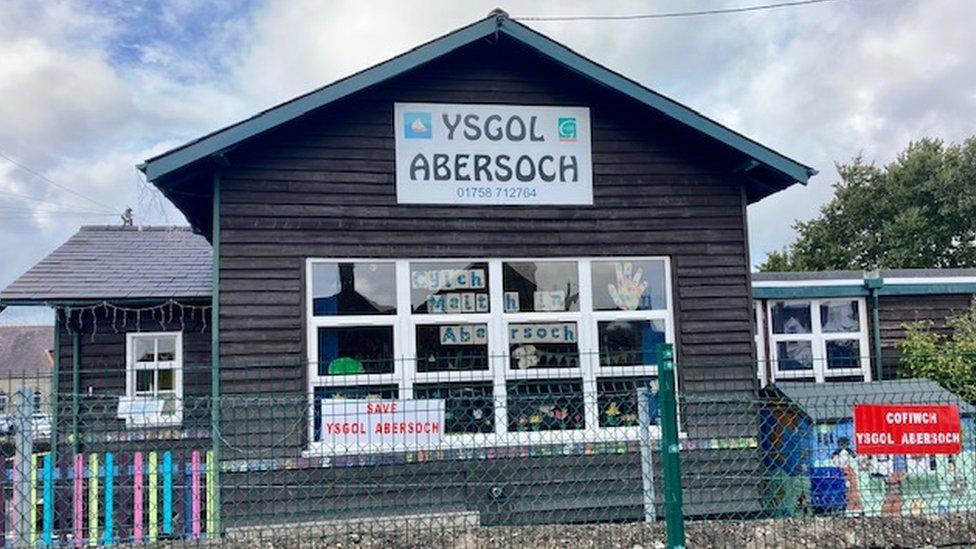
- Published10 October 2018
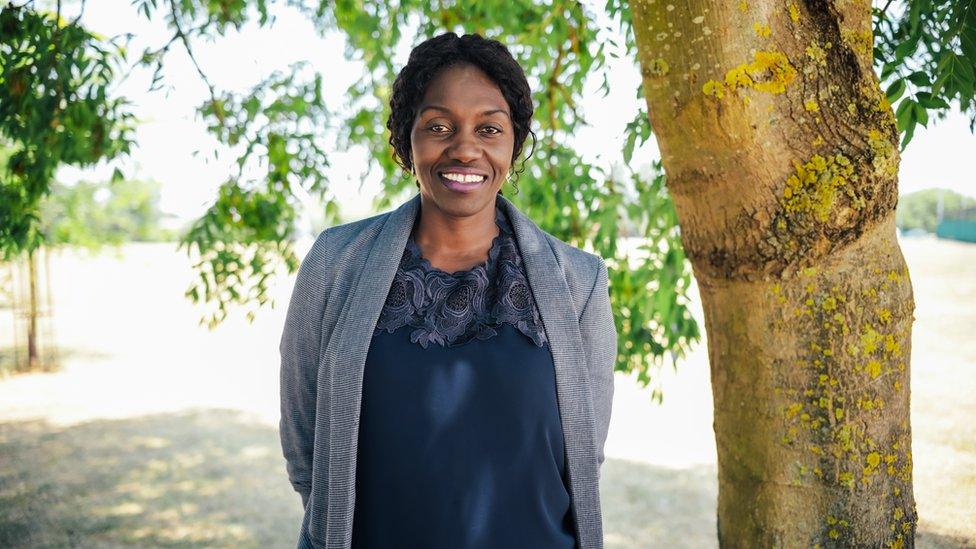
- Published8 September 2020
